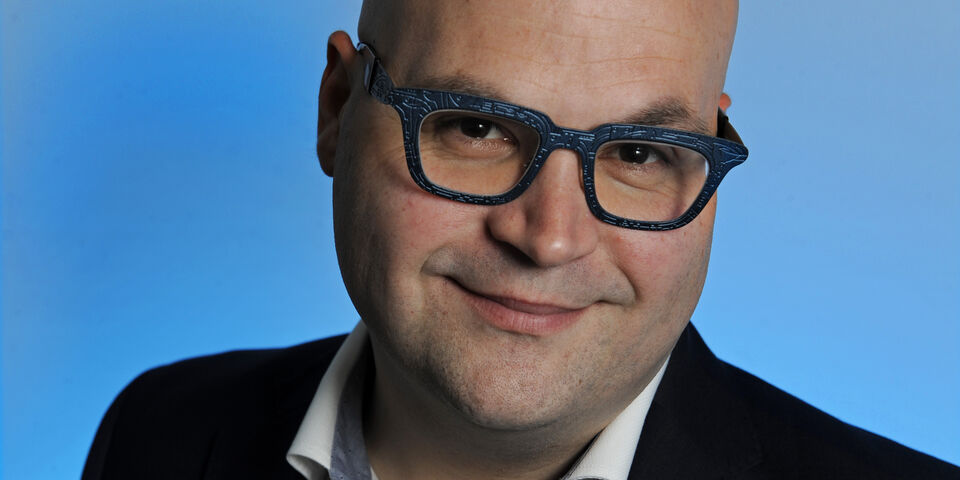‘Sportapps often misuse health as a sales pitch'
Many sportapps do too little for sports people’s health. They actually increase the risk of injury. This is the conclusion of sports professor Steven Vos of TU Eindhoven. Many recreational runners give up due to injury or a lack of motivation. Most running apps in the market today do little to prevent this. Vos even claims that these apps misuse health as a sales pitch.
On Friday 7 October professor Vos holds his inaugural lecture at TU/e. His academic research focuses on recreational sport. There has already been plenty of research into elite sport; Vos concentrates on the ordinary person. His aim is to get and keep everyone exercising. In his lecture, he explains that one of the key differences between elite and recreational sport is the profile of the sportsman and woman.
Injuries
A third of all runners suffers an injury at some time while half of the runners whose training schedule is poorly organized in the lead-up to a race suffer injury and some 80% of all runners point to injuries as being one of the main reasons for them quitting. Amateur sportsmen and women often lack experience and knowledge for healthy, good training. Cheap technological solutions, like smartphone applications, sports watches and other wearables may play an important role here. Nearly every available sportapp sees recreational runners as a homogenous group and that limits their usefulness. What’s more, this may even be the cause of sportsmen and women dropping out, as the research by Steven Vos and his colleagues suggests. The apps that exist pay little attention to promoting health and are focused on improving performance. So they don’t help to prevent injury, thereby contributing to the decision for sportsmen and women to quit.
Technological solutions
With his appointment at TU/e as professor of Design and Analysis of Intelligent Systems for Vitality and Leisure Time Sports, Steven Vos will focus even more on research into the use of technology to encourage sport and exercise in general. Technological progress has considerably reduced the need for physical labor, and for many people sport has become a compulsory activity rather than a relaxing pastime. As a sports professor, Vos investigates precisely those possibilities to use technology to stimulate exercise and sport.
One of the solutions that Vos and his colleagues have come up with for this is an intelligent sportapp that takes a personalized approach to the runner. Filling in answers to a few questions on the app creates a personal profile of the user. This is then combined with a training schedule that is aligned to the targets and possibilities. Using GPS information and with a link to a heart-rate meter, training can be customized, adjusted where necessary and feedback given in comprehensible language both during and after the training. In this way sport can be done responsibly and overexertion and injury prevented. Moreover, the personalized approach ensures that the runner remains motivated.
Source: Press team TU/e


Discussion